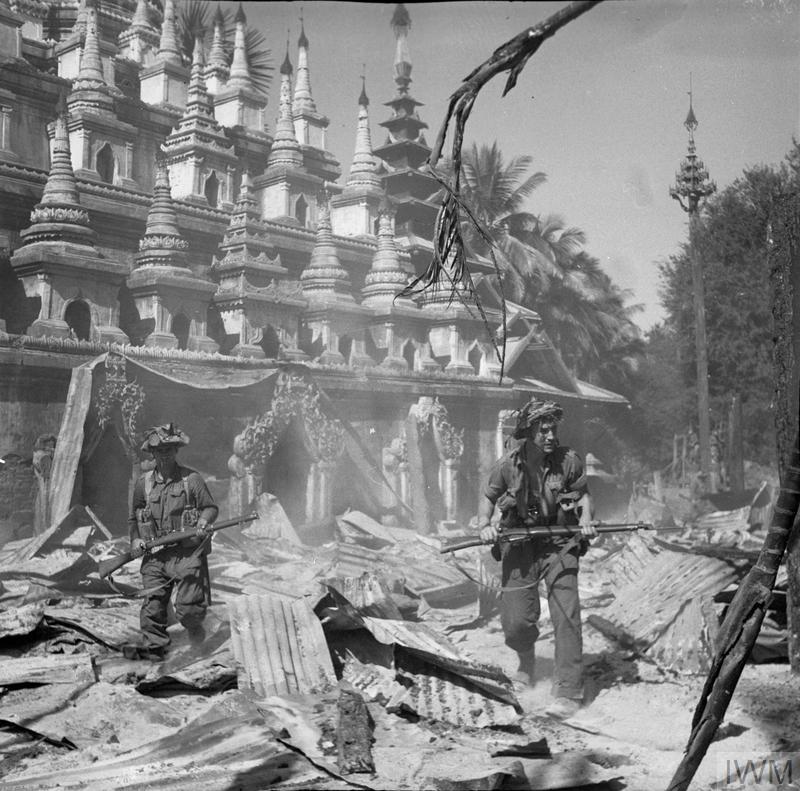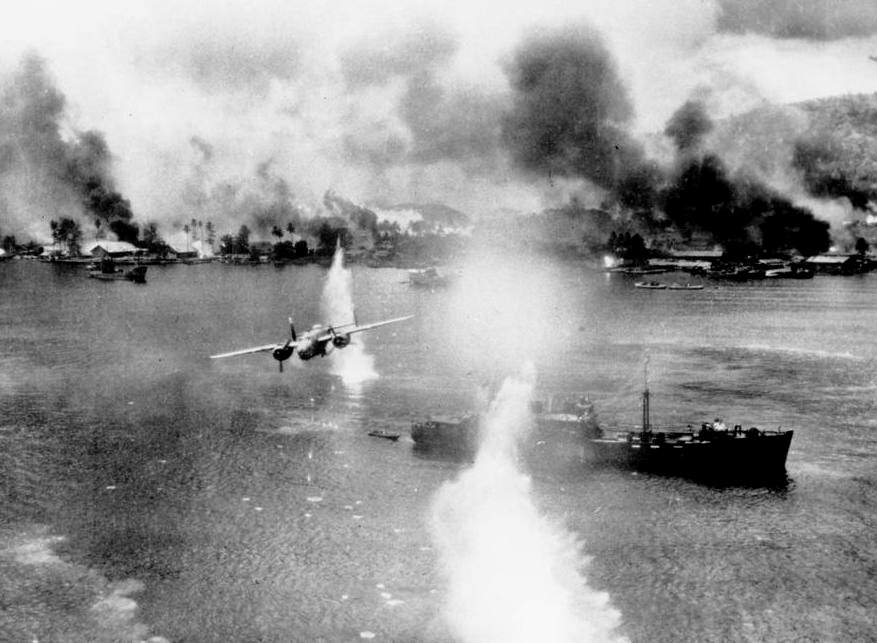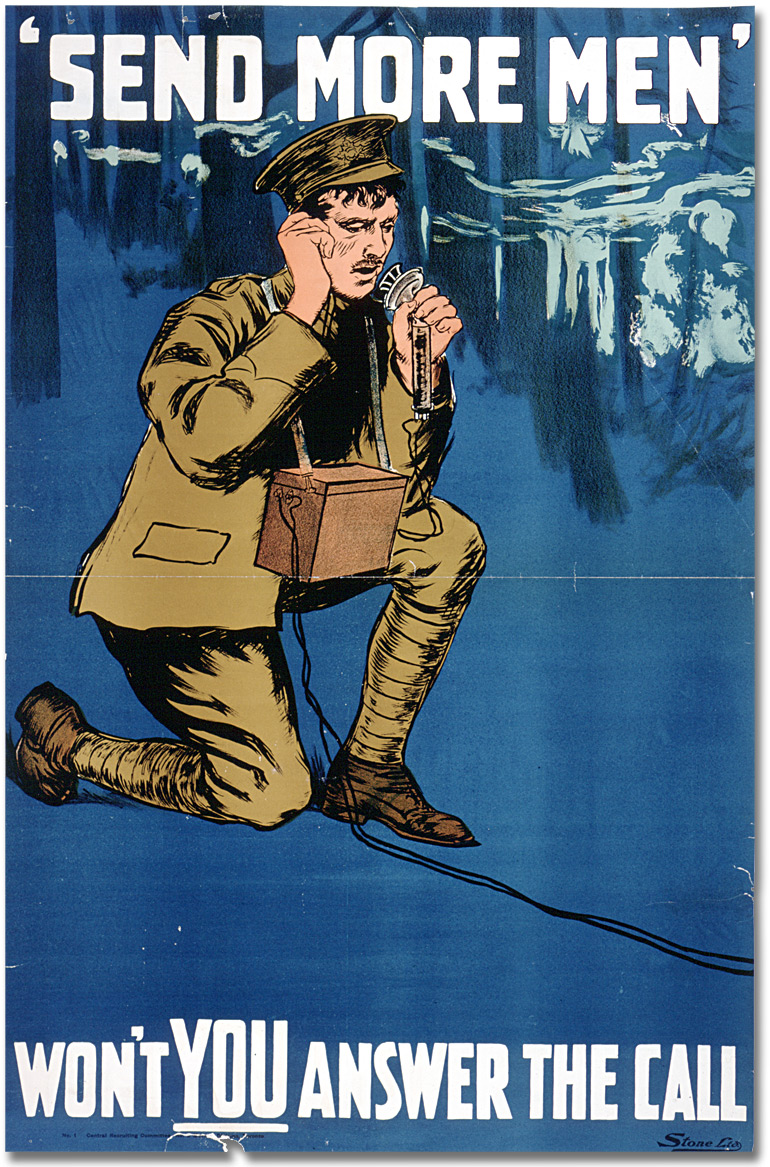Glen
Moderator
In 1937, Human League forces operating out of the Chakri Empire and the United States of China were able to secure Indochina from Malthusian forces. While the USC forces were the primary occupation force for Spanish Indochina, the Chakri Empire held sway over the Bamar homeland. With these moves Southeast Asia was mostly pacified leaving the British Empire free to deal with the United Nationalities of India.






